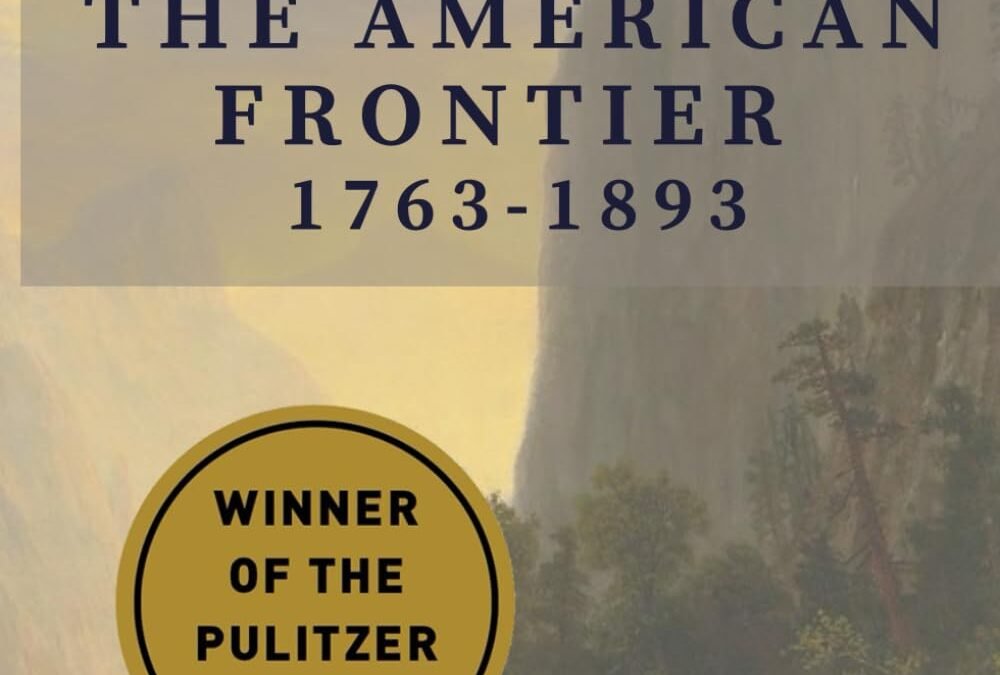
Frontier Chronicles: Unraveling America’s Wild Past from 1763 to 1893
A Journey Through the American Frontier: Reflecting on Frederic Logan Paxson’s Masterpiece
When I stumbled upon History of the American Frontier – 1763-1893 by Frederic Logan Paxson, I was instantly drawn in by the prospect of exploring a pivotal yet often overlooked era in American history. As someone deeply fascinated by tales of exploration and the spirit of the West, I felt compelled to delve into this sweeping narrative that promises to broaden my understanding of how our nation came to be.
Paxson’s work, an impressive Pulitzer Prize-winning account, is nothing short of a breathtaking odyssey across nearly 150 years of American expansion. The book is structured into fifty-nine chapters, each feeling like a unique postcard from history that captures specific moments, struggles, and triumphs of the pioneers, settlers, and Indigenous peoples who shaped the American landscape. From the first English settlers in New England to the allure of California’s shores, I felt as if I was walking alongside these brave souls, feeling their hopes and challenges.
One of the most compelling aspects of Paxson’s writing is his interdisciplinary approach. He weaves together historical, geographic, and pragmatic perspectives, eschewing the typical social history narrative to focus on broader themes. I was particularly struck by his nuanced depiction of the complex interactions between settlers and Native Americans, as well as the economic and political forces at play. Paxson doesn’t just tell a story; he dives deep into the intricacies of frontier finance and the inner workings of canal and railroad corporations, making the text richly informative and thought-provoking.
His style is engaging yet detailed. Each chapter unfolds like a well-crafted story, and I found myself eagerly turning pages to see what challenges and encounters awaited. A phrase from the book that resonated with me was, “Future historians will gratefully remember Mr. Paxson…,” which captures not only the weight of his contributions but also the passion that drives a dedicated historian. These insights keep readers grounded in the timeline while encouraging reflection on the long-lasting impacts of this era.
What I appreciated most was Paxson’s ability to breathe life into figures that history often leaves shadowed. His accounts of famous figures like President Jefferson and the lesser-known pioneers felt balanced and fair, allowing me to build an intimate connection with every narrative thread woven throughout the text.
In conclusion, History of the American Frontier – 1763-1893 is an essential read for anyone interested in American history, whether you’re a student, a history buff, or simply someone curious about the forces that shaped a nation. It’s an inspiring journey that opened my eyes to the complexities of early American life and the heart of the pioneers who braved the unknown. If you’re seeking a book that blends scholarly insight with a captivating narrative, then Paxson’s masterwork is sure to leave a lasting mark on your understanding of American history, just as it did on me.
You can find History of the American Frontier – 1763-1893 here >>






